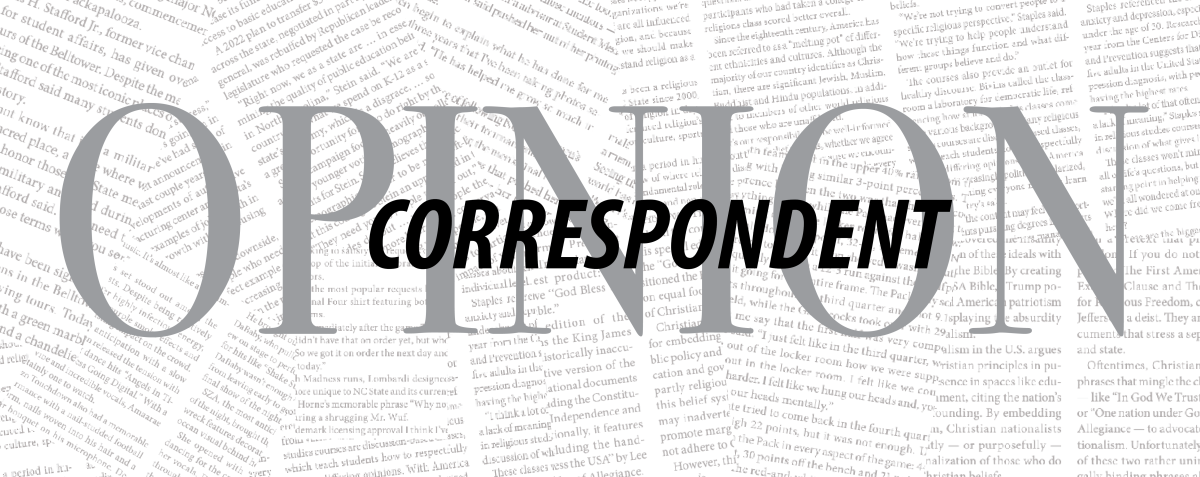There’s nothing quite like the experience of trying your absolute best to pay attention during a lecture, only to have your focus disrupted by the smell of Flamin’ Hot Cheetos or the sound of someone munching on kettle-cooked chips. Sensory overload during these instances can make honing in on your instructor incredibly difficult, but what if the other individual has a legitimate reason for snacking during class?
Eating during class is something most instructors permit nowadays, under the condition that no messes are made. While some would argue eating in class is distracting to others, there are many reasons why an individual might be snacking during instructional time, such as having a health condition or a busy schedule that makes finding time to eat challenging.
Of course, many individuals have a sensitivity to the sound of chewing. In extreme cases, lip-smacking and teeth-sucking can lead to intense emotional reactions for those who have misophonia or the fear of everyday bodily sounds. Additionally, the noise that comes from opening food packaging can seem to completely drown out the instructor’s voice at times.
Along with snacking producing audible distractions, some snacks create odors that are inescapable in an enclosed classroom environment. I would know, since I used to be that kid who brought beef jerky or hard-boiled eggs to school and received a lot of backlash.
An important thing to note is that food allergies are a widely prevalent problem and can make simply sitting in the presence of a specific food a dicey situation. Being allergic to a major food item such as peanuts or soy is a very stressful thing to have to constantly take into consideration. Furthermore, having to worry about whether there is a risk of exposure to one’s allergen during class makes one’s learning experience less ideal.
While another person’s eating can be distracting, anxiety provoking or even dangerous, I would like to acknowledge that there are many health conditions and personal situations that can affect when a person has to eat. For example, if someone is afflicted with hypoglycemia or diabetes, they may require more frequent meals in order to avoid their glucose tanking.
As college students, we all know the struggle of finding time to sit down and eat a meal amidst the craziness of class schedules, work and extracurricular activities. Perhaps class time is someone’s only opportunity to be seated long enough to fit in a small meal.
Aside from having limited time to eat or health concerns, being hungry during class is a downright miserable experience. Time ticks by ever so slowly when you have to wait for class to end so you can scarf something down, causing you to focus more on the clock rather than the actual discussion. Plus, there is nothing as embarrassing as your stomach growling at maximum volume in the middle of class.
So, to answer the burning question over whether eating during class should be allowed, it should be. In fact, it is totally acceptable.
It would be wrong to deny someone permission to eat if they have a health condition that requires them to eat regularly, but don’t forget that food allergies are health conditions too. It’s important to be conscious of other classmates and their potential allergies by bringing snacks that are free of the most common allergens. This could include potato chips, an apple or fruit snacks, to name a few.
Additionally, instructors can help create a safer environment by asking students what they are allergic to at the beginning of the semester. They could send out anonymous surveys and share the results with the class to establish which foods are a no-go in the classroom without singling anyone out.
Apart from health-related needs, having a sensitivity to the sound of chewing or the smell of a certain food is completely valid and is something that people should be aware of if they choose to eat in class. I’m not saying that everyone needs to have table manners that meet cotillion standards during class. However, let’s do each other a favor by picking less noisy snacks and being mindful of how loudly we chew.
I also think it would be wise to bring snacks with minimal smell to avoid distracting others with more odorous foodstuff. I’m positive that most students would rather focus on their instructor than the sound of a classmate chowing down on some Takis or the smell of Funyuns infiltrating the air.
Above all, decisions over whether to eat during instructional time should be made on a case-by-case basis. If an instructor explicitly says they don’t allow eating in class, then respect their wishes. If someone has a legitimate need to eat during class, then individual accommodations should be discussed with the instructor.
Alas, eating during class should continue being allowed so long as the snacker is conscious of how their eating habits might affect the classroom environment. Please don’t bring an entire roast dinner to class, but eat as you need to in order to make your learning experience more enjoyable and manageable.














